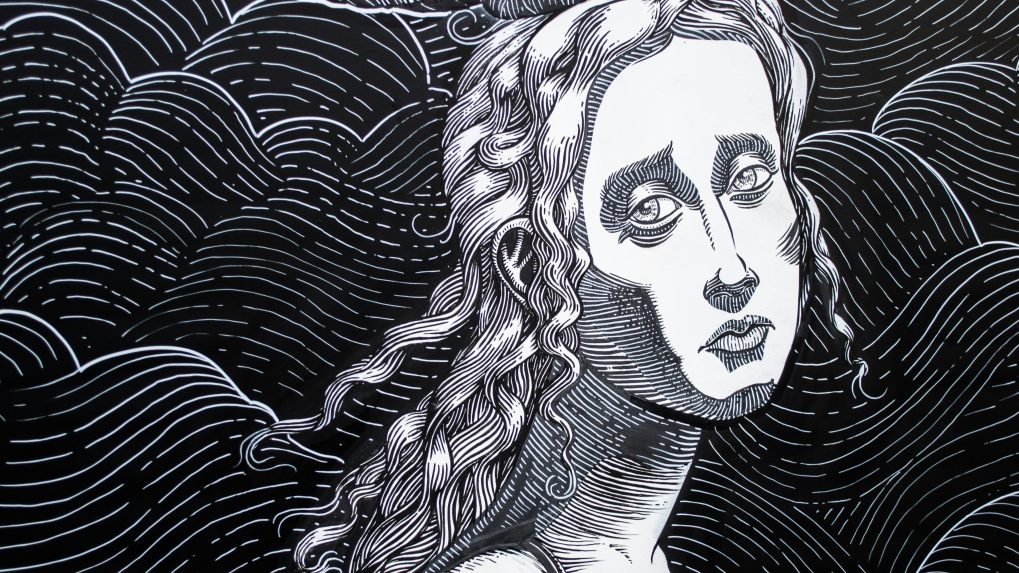Simply Speaking: Shorts #2 - Cassandra revisited
Being a Cassandra means possessing a keen insight or intuition about future events. Having the ability and gumption to issue warnings yet being ignored, dismissed, or disbelieved by others.
ADVERTISEMENT
Being a little bit wrong at the right time is better than being entirely right at the wrong time.
A Cassandra refers to a person who has the ability to foresee or predict future events, but is unable to change or prevent them from happening.
This term comes from Greek mythology, where Cassandra, the daughter of King Priam of Troy, was granted the gift of prophecy by Apollo. However, when she refused his advances, he cursed her so that no one would believe her predictions.
Before the Trojan War, Cassandra warned that the Greeks would invade through a wooden horse and sack the city. Her warnings were ignored. Troy was gutted.
The cruelty of her gift and the tragedy of her malefic fate eventually drove her mad.
Being a Cassandra means possessing a keen insight or intuition about future events. Having the ability and gumption to issue warnings yet being ignored, dismissed, or disbelieved by others.
A Cassandra is often dismissed as a paranoid alarmist. The analysis is dismissed for pessimism.
To have a unique perspective or foresight, but not be taken seriously can make one feel frustrated or powerless especially in the face of impending doom.
Being a Cassandra can be a challenging and isolating experience.
Oracles with no authority, Cassandras keep blabbering about imminent calamities while the world keeps doing its thing.
Is that so? Does it need to be tragic?
Think again. In today’s world, to be a Cassandra may be a source of deep power and profit.
Today - with a connected world of capital and market flows - predicting the future is most profitable exactly when everybody thinks you're wrong.
Knowing - correct and exclusive information - ahead of time is a gold mine when others don’t think so.
Look for Cassandras - experts, research, or improbable insights. Then check if they are predicting what has been ignored.
The next Cassandra won’t emerge from smarter information management. What data tells us is known to all. It’s the insight that reveals truly.
When a movie star is a hit, everyone lines up to sign the next movie. This drives up the price and makes the next flop a disaster. Common knowledge erodes return from a good investment.
Wildlife enthusiasts know of this as the ‘sentinel behaviour’, the ability to detect danger from warning signs before others see it. The behaviour is observed in a variety of animals, such as antelopes. The predator-prey dynamic is such that the pack seems genetically predisposed to respond quickly to the warnings.
In humans, that ability is less well developed. Mankind doesn’t intuitively get probabilistic downsides.
That is precisely why predicting the future is most profitable when everybody thinks you're wrong.
Shubhranshu Singh is CMO, Tata Motors CVBU. He writes Simply Speaking, a column on Storyboard18. Views expressed are personal.

